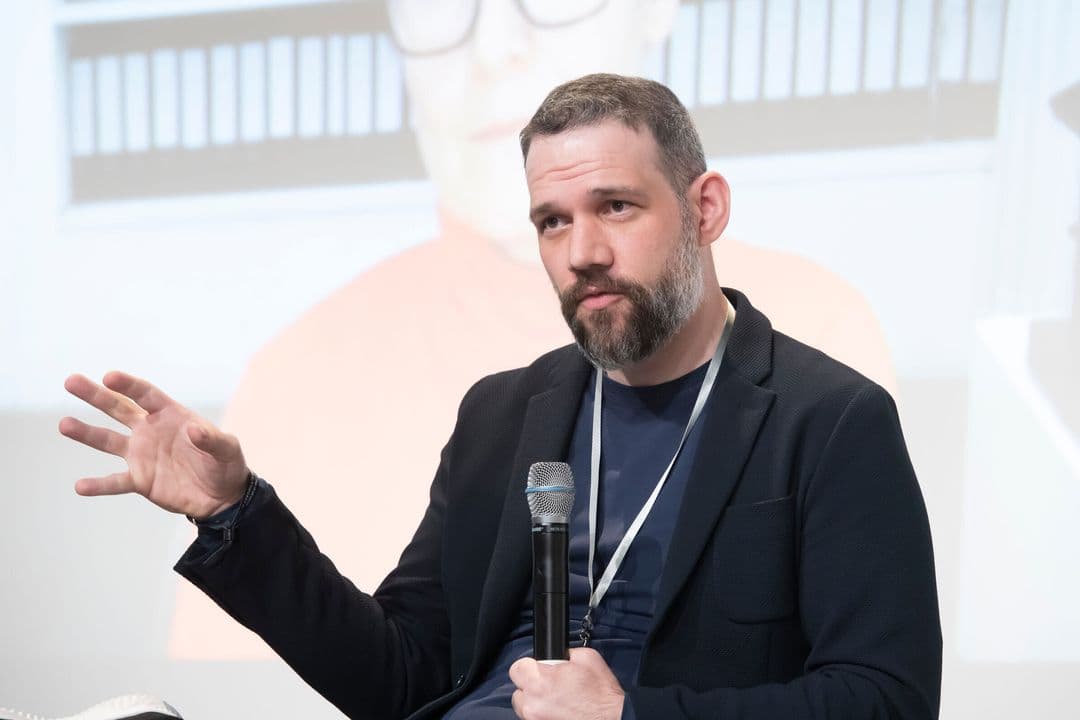03.22.23
ICYMI - Blokhaus CMO Mark Soares interviewed by Authority Magazine on ‘the future of gaming’

Read Latest
Mark shares his thoughts on what makes a great gaming experience, and why Web3 game developers should focus on players, not monetization.
We’ll have more on that concept in the coming weeks, but for now, here are some extracts from the interview, which you can read in its entirety here.
How would you define a successful game? Can you share an example?
First and foremost, a successful game is one that entertains the user. A lot of game developers get so enamored with the financial incentives and the mechanics of the game that they overcomplicate it and over-engineer it, which detracts from the actual game experience. As an example of a successful, well-engineered game, I would point to something simple like Streets of Rage. That game was what inspired Blockxer.
There are certain incentives and game mechanics to be considered, but I feel like that’s secondary to the enjoyment of just playing the game. And I think graphics are secondary as well. If we focus on making the experience enjoyable for the player, everything else falls into place.
Mark's top 5 tips for creating a successful game:
- Create with players in mind: This means finding an understanding of what would be most ‘fun’ to hook players in with and keep them playing. Give them something unique and exciting while balancing storytelling with gameplay. Put gamers first!
- Strong community: Building a strong community of players can help a game’s longevity and success. Players who feel invested in a game’s world and community are more likely to keep playing and recommend the game to others.
- Entertainment value: Offering a high level of entertainment value to your players is key. This includes everything from engaging gameplay to immersive storytelling to satisfying rewards and feedback.
- A compelling story: While not all games require a story or world to be successful, many players appreciate games that offer a rich and immersive experience. This can include everything from well-developed characters to detailed lore, to beautiful environments.
- Acknowledge/address player feedback: Listening to player feedback is incredibly important. When players feel unheard by the developers of a game, it’s incredibly disheartening as players may feel like they aren’t cared about and only seen as dollar signs. Not all player feedback needs to be addressed, but clear and open communications go a long for players in understanding game direction and updates.
Can you tell us about the technological innovations in gaming that you are working on?
Blockchain and NFTs have been embraced by a lot of different categories, but there’s been a lot of pushback from gamers, even though, in my view, this is a category that’s rich with opportunity. It’s quite frustrating because players have the most to gain from the decentralization of gaming economies. The pushback is understandable, though, because gamers are tired of the monetization schemes that have been imposed on them over the years. So, I totally understand why the category would reject NFTs, which is why we’re trying to change the conversation by bringing games to NFTs, rather than the other way around.
If you gamify an NFT, you’re bringing utility and entertainment to the NFT itself. We’re currently working on quite a few exciting things that will be released very soon that will allow any NFT to have utility and provide entertainment to the holder and enable it to interact with other NFTs in a gamified way. I think that’s the way Web3 gaming should be done, rather than trying to force gamers who enjoy their games as they are to embrace NFTs as add-ons. That doesn’t work.
––
Blokhaus is a marketing and communications agency with a focus on Web3 and emerging tech. Since we were founded in 2021, Blokhaus has supported numerous high-profile projects and activations around the globe, working in partnership with some of the biggest brands in the world. To learn more about our work, check out our Case Studies. To get in touch, visit our Contact Us page.


